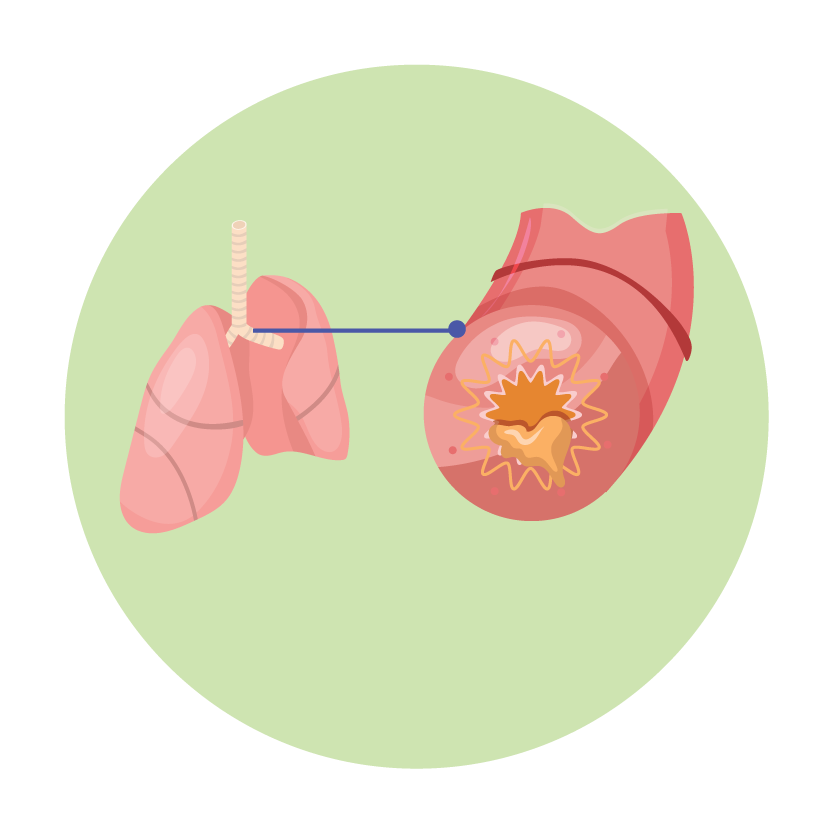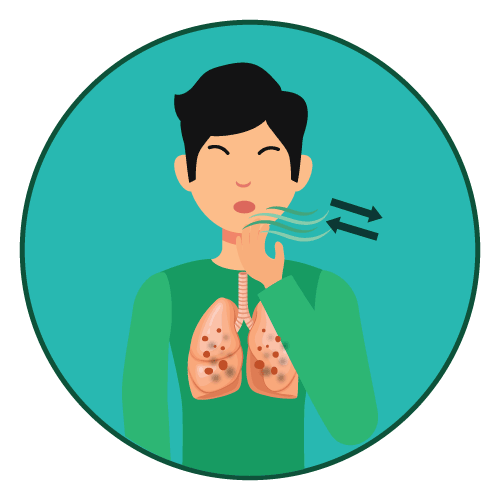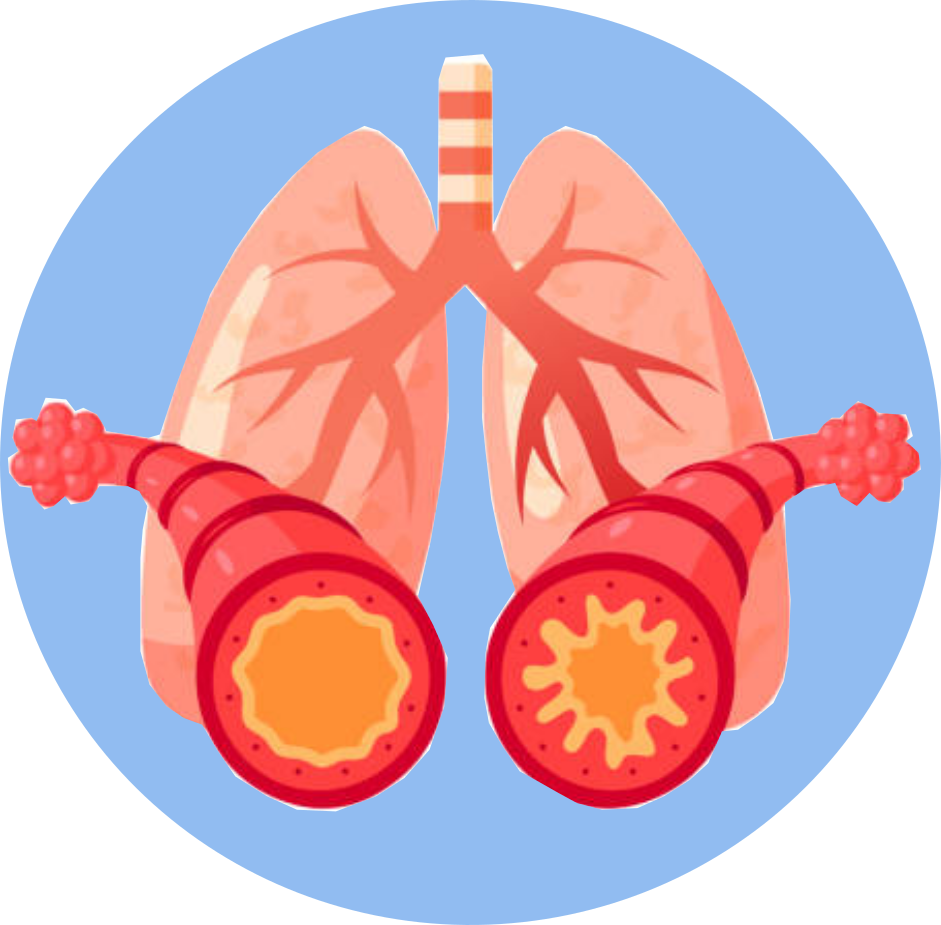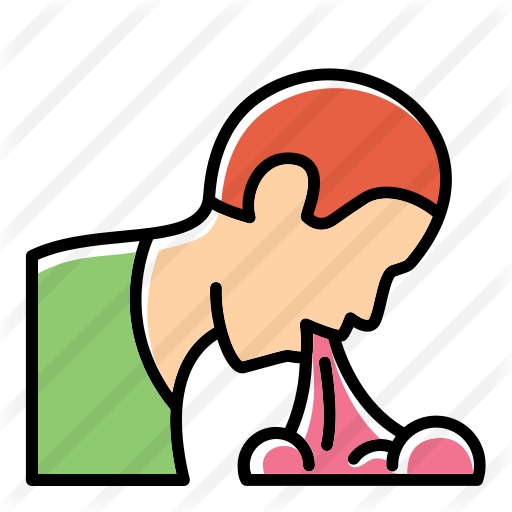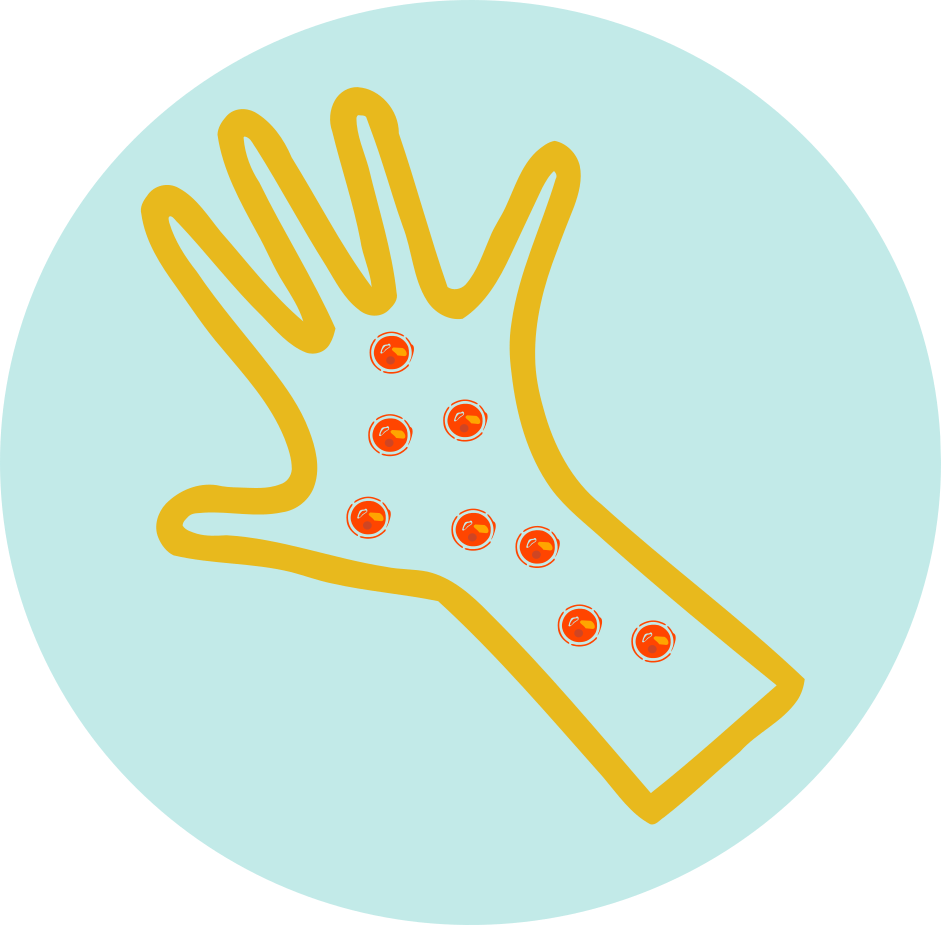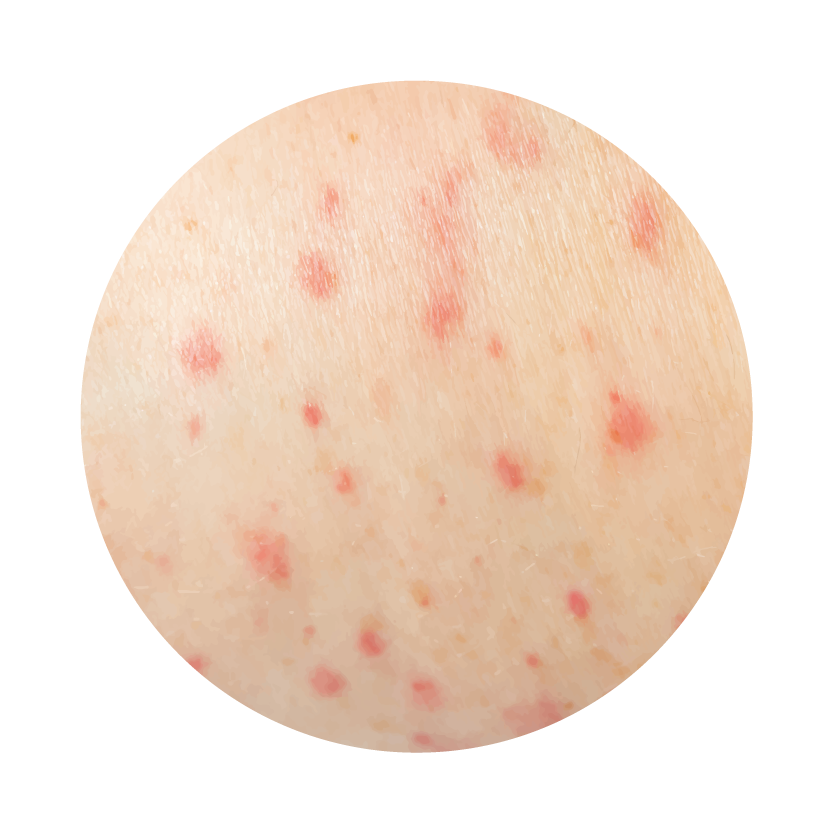| Name | Acetylcysteine |
| Classes |
Antidote Mucolytic Respiratory Agent |
| Diseases |
Asthma Bronchitis Chronic Emphysema Pneumonia Respiratory Disease |
Acetylcysteine
Acetylcysteine is a mucolytic agent, which means it works by breaking down the disulfide bonds that hold the mucus together. This makes the mucus thinner and easier to clear from the lungs. Additionally, acetylcysteine has antioxidant properties, which helps to reduce inflammation in the lungs, and helps to prevent damage caused by free radicals.
Acetycysteine is indicated for the following conditions-
- Treatment of respiratory conditions associated with thick mucus in the lungs, such as bronchitis, emphysema, and cystic fibrosis
- Treatment of acetaminophen overdose
- Prevention of contrast-induced nephropathy (CIN)
- The recommended dosage for the treatment of respiratory conditions associated with thick mucus in the lungs is 600-1200mg orally, three times a day or nebulized solution of 20-50 mg/mL, inhaled as a mist.
- The recommended dosage for the treatment of acetaminophen overdose is 140 mg/kg orally or via nasogastric tube, followed by 70 mg/kg orally or via nasogastric tube in 4 hours, and then 70mg/kg orally or via nasogastric tube every 4 hours for 17 doses.
- The recommended dosage for the prevention of contrast-induced nephropathy (CIN) is 600mg orally or via nasogastric tube, 3 hours prior to the contrast administration and then 600mg orally or via nasogastric tube, twice a day for 2 days.
- Common side effects include nausea, vomiting, dry mouth and skin rash.
- Serious side effects include bronchospasm, allergic reactions, and decreased effectiveness of warfarin.
- Acetylcysteine may cause skin rash, hives, or other allergic reactions. It is recommended to stop the medication and seek medical help if you experience any of these symptoms.
- Acetylcysteine may cause nausea, vomiting, or other gastrointestinal side effects.
- Acetylcysteine may cause bronchospasm, especially in patients with asthma.
- Acetylcysteine may interact with other medications, including warfarin, acetaminophen, and antipsychotic medications. It is important to inform your healthcare provider of all medications and supplements you are taking before starting treatment with Acetylcysteine.
- It is not known if Acetylcysteine is safe for use during pregnancy. Women who are pregnant or may become pregnant should consult their healthcare provider before using Acetylcysteine.
- It is not known if Acetylcysteine is safe for use while breastfeeding. Women who are breastfeeding should consult their healthcare provider before using Acetylcysteine.
Contraindication
Contraindicated in patients with hypersensitivity to Acetylcysteine
None known.
Contraindicated in patients with peptic ulcer disease.
 Bangla
Bangla English
English